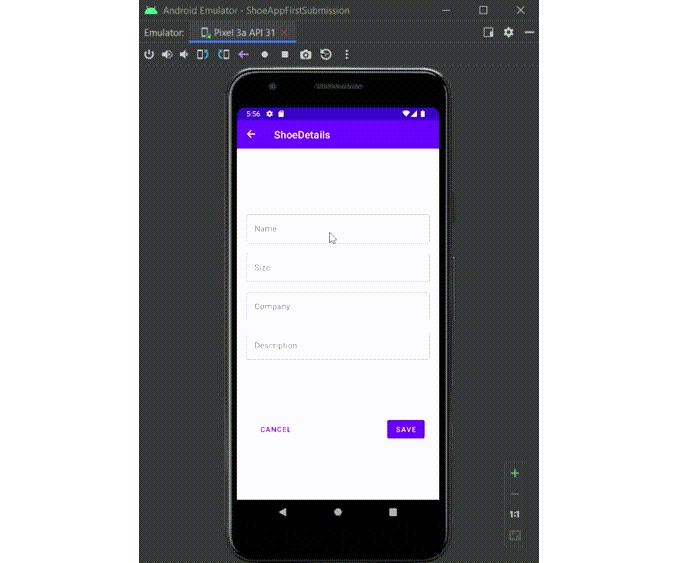Store
Extensive storage-provider wrapper including native support for jedis and mongodb written in Kotlin.
- Since this project was originally meant to be a closed-source project using Scala’s propriatary code, I didn’t put usage into consideration, and it’s pretty hard to work with if you don’t know how to the project is structured.
- Store has not been tested in a production environment yet. This read-me will be updated once it has been.
- As of now, there aren’t any known issues (both performance and quality) with the project.
- Store has only been tested in Kotlin projects, and uses kotlin-exclusive features, such as inline functions.
Structure
The parent project contains three modules, and uses gradle as its build management tool:
- shared (✔️)
- spigot (✔️)
- velocity (✔️)
The shared platform contains most of the connection, controller, and platform code, while spigot & velocity contain implementations for configs and debugging tools.
Store contains DataStoreObjectControllers, which contain arbritary methods to perform tasks within context of a specified storage provider.
Store uses Google’s Gson for serialization by default.
- There is currently no way of using other serialization providers.
- You may supply your own Gson instance by passing through the instance while creating a new controller, or using
DataStoreObjectController#provideCustomSerializer(Gson).
Objects which are serialized/deserialized through Store must implement IDataStoreObject, which contains a overridable identififer field.
- This isn’t the best solution, but I personally prefer it over rawr‘s solution.
- The identifier field must be a non-null UUID.
To create a new DataStoreObjectController, you must access the DataStoreObjectControllerCache, which will store each controller for you.
DataStoreObjectController.create<Object>()
You an access the stored instance through the following methods.
DataStoreObjectController.find<Object>() // can be null
DataStoreObjectController.findNotNull<Object>() // non null
Controllers have several methods to access, mutate, and delete data from any storage provider:
val controller = DataStoreObjectController.findNotNull<Object>()
// basic save, remove, load
controller.save(data, DataStoreStorageType.REDIS)
controller.load(data, DataStoreStorageType.REDIS)
controller.loadAll(data, DataStoreStorageType.REDIS)
controller.delete(data, DataStoreStorageType.REDIS)
// local caching
controller.remove(id) // removes from the local cache
controller.loadAndCache(id, { Object() /* if absent */ }, DataStoreStorageType.REDIS)
// accessing internal layer
controller.useLayer<RedisDataStoreStorageLayer<Object>> { /* your code */ }
